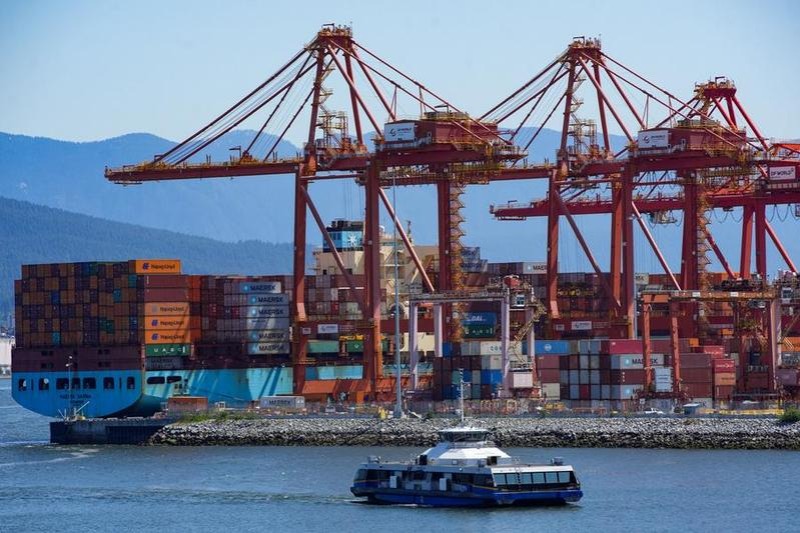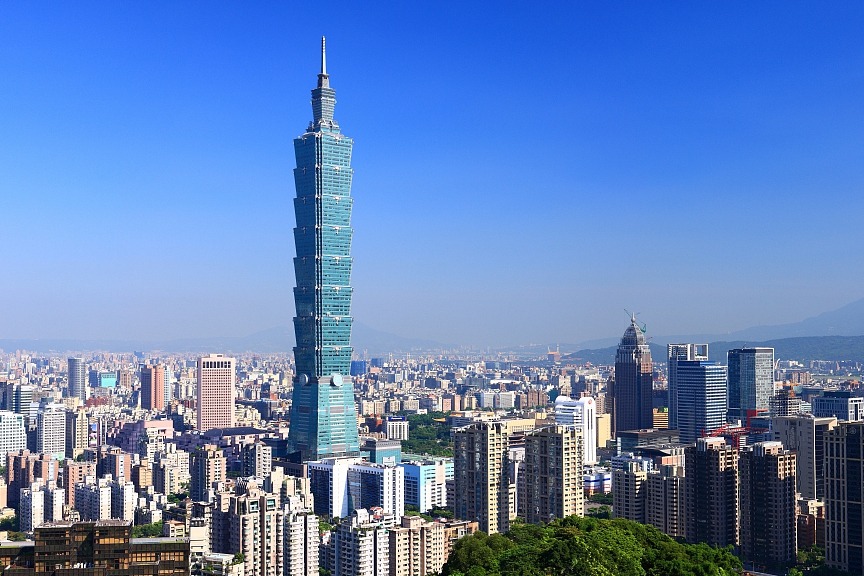Principled position


The Five Principles of Peaceful Coexistence remain a cornerstone of Chinese foreign policy
Seven decades ago, Chinese Premier Zhou Enlai put forward the Five Principles of Peaceful Coexistence for the first time — mutual respect for each other's territorial integrity and sovereignty, mutual non-aggression, mutual non-interference in each other's internal affairs, equality and cooperation for mutual benefit and peaceful coexistence, which served initially as the foundation for new bilateral ties between India and China, per the 1954 Sino-Indian Agreement, signed that year in Beijing.
The Five Principles appeared at a very important moment in Indian and Chinese history. Both countries had recently reestablished sovereignty and were pushing for national rejuvenation, but were doing so amid the Cold War with proxy conflicts taking place on their respective borders and the efforts of major powers to undermine their nascent political systems and independence. Whether because of these dangers or in spite of them, the Five Principles offered an exceptionally clear way forward.
Unfortunately, the agreement would breakdown and not be renewed in 1962, when differences between China and India became a flashpoint of increasing global tensions. Indeed, in 1962, a border war broke out between the two Asian giants, exacerbated substantially by Indian siding with the Dalai Lama and giving him refuge after he conspired against China with the US Central Intelligence Agency to undermine Chinese sovereignty in 1959, a violation of the Five Principles.
However disappointing the history of the agreement, it should not color our view of the Five Principles themselves. What's more important is that they were enshrined in the preamble of the Constitution of the People's Republic of China, and thus have been an essential cornerstone for Chinese foreign policymaking ever since. Additionally, the Five Principles have been cited by others who've also sought constructive means for fostering peace and development, including the "10 Principles of Peaceful Coexistence" issued at the historic Asian-African Conference held in Bandung, Indonesia in 1955.
That citation and many others in the region have given rise to the belief that the Five Principles reflect a pan-Asian sensibility that also resonates with many other countries in the Global South. We should note that despite the sometimes difficult relations between China and India, both sides still cite the Five Principles affectionately, with New Delhi referring to them as the Panchsheel.
The weak often appeal to principles, the strong often violate them. Therefore it should not surprise us that recently independent countries in the 1950s would find the Five Principles attractive: many were still recovering from the destructive experiences related to conquest, colonialism, expropriation and wars for independence, legacies that have not altogether disappeared for many today.
Nor should it surprise us that China remains committed to the Five Principles today, including the principle of non-intervention, which remains central to its ties with other countries. As evident by it making the upholding of the one-China principle a prerequisite for the establishment of diplomatic relations, as expressed, for example, in the 1972 Joint Communique with the United States, which acknowledged there is "but one China and Taiwan is a part of that China". This is one of the reasons China abhors attempts by other countries to foster color revolutions or simply manipulate political systems through various schemes aimed at perpetuating imperialism and hegemony.
From Zhou's Five Principles to President Xi Jinping's principles-based foreign policy, China got strong adhering to principles, and it realizes there's no real security without them despite one's strength. Does the US feel secure today despite its power? Not at all. It lacks a clear ethical stance aside from reactionary and narrow self-interest, unable to govern itself effectively or play a constructive role in peace and development.
This thread in Chinese history remains compelling, especially given the mainland's sensitivity regarding Taiwan and increased provocations by the US in recent years that have sown doubt regarding the US' commitment to the one-China principle. Is Washington finally showing its cards? It is increasingly trying to leverage Taiwan against the mainland as part of its growing efforts to contain and suppress China, returning to Cold War practices such as demonization, clique building, trade wars, tech blockades and de-risking, nee "decoupling", while fighting proxy wars far from its shores, including against Russia in Ukraine. It even blames China for these conflicts, while disciplining Europe by exacerbating the security trap sustained by NATO's steady expansion since the collapse of the Soviet Union.
Is this why the US is selling nuclear-powered submarine technology to Australia and putting nuclear capable bombers there, selling advanced cruise missiles to Japan, installing advanced missile-defense systems in the Republic of Korea with the help of politicians who cheated their way into office with the acknowledged help of the Korean intelligence services, and sending special forces to Taiwan and more troops to the Philippines? Is this about peaceful coexistence and non-interference or do we hear louder and louder drumbeats for war?
What should be recognized is that China today is strong, having returned to the forefront of nations as a major power. While it is the world's second-largest economy now, recent studies indicate China will account for about 21 percent of the world's new economic activity from this year through 2029, more than all the G7 nations combined. In terms of military abilities, only Russia is China's near-peer in the region, but Sino-Russian ties are presently on very solid ground, perhaps best exemplified through their work together in the Shanghai Cooperation Organization. With the SCO they've avoided competition and instead have helped foster peace and development in Central Asia, working to push out foreign interventions like those committed by the US during its so-called War on Terror, and done so by extending mutual recognition and respect to the Central Asian nations themselves.
More to the point, the principle of having a principle-based foreign policy remains central to Chinese policymaking, as we've seen demonstrated repeatedly through the years, especially as China has developed what it calls its new "major country diplomacy". In fact, this is the rubric that guides all of China's major policies, including the Belt and Road Imitative, the Global Development Initiative, the Global Security Initiative and the Global Civilization Initiative, which collectively aim to promote genuine multilateralism and open the door for a shared future for humanity.
There are naysayers of course, liars and cheaters, killers and stealers, who care only about their own narrow interests, who refuse to recognize the old ways have brought too much ruin and destruction and have left the world on the brink with climate change and other ills. It should be enough to say, let those fools go down with their ships. Unfortunately, their ships are heavily armed and provocatively traversing the Taiwan Strait. Let them go down elsewhere.
Too often we describe such US games as win-lose, but history and our present circumstances teach us they are lose-lose. But perhaps it's worse than this. Perhaps misery loves company, or perhaps there's a dark inclination to drag others down as you collapse, your destructive tendencies proven once and all to be self-destructive, but unwilling to get out of the way of human progress. But of course it's in this context that the Five Principles are more important than ever, and likewise China's insistence on principles-based international relations.
The author is a professor of politics and international relations at East China Normal University and a senior research fellow at the Institute for the Development of Socialism with Chinese Characteristics at Southeast University and the Hainan CGE Peace Development Foundation. The author contributed this article to China Watch, a think tank powered by China Daily.
The views do not necessarily reflect those of China Daily.
Contact the editor at editor@chinawatch.cn.


































